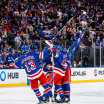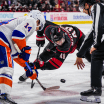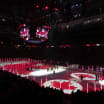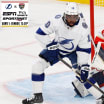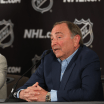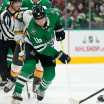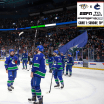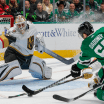Mike McKenna has been a professional goalie for the past 14 seasons and has played for seven NHL teams and 13 minor-league teams. Most recently he played in the Philadelphia Flyers organization, playing one NHL game with them this season. He also played 10 games with the Ottawa Senators in 2018-19.
He knows about the most important position in the playoffs and a lot about the men who play it and those trying to score goals against them. So NHL.com asked him to share his insights during the Stanley Cup Playoffs.
In his most recent column, McKenna talks about what he saw in Game 1 of the Stanley Cup Final between the St. Louis Blues and Boston Bruins at TD Garden on Monday, particularly the play of Blues goalie Jordan Binnington during a 4-2 loss. Boston leads the best-of-7 series 1-0.
Blues relied on Binnington in Game 1 loss of Cup Final, McKenna says
Put goalie in bad spot, were outshot by Bruins 30-12 after first period
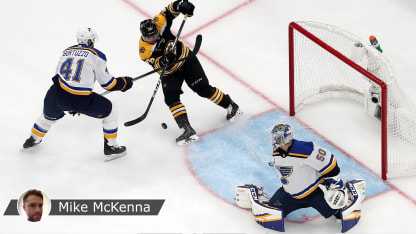
STL@BOS, Gm1: Clifton puts Bruins on the board
STL@BOS, Gm1: Kuraly puts Bruins ahead in 3rd
